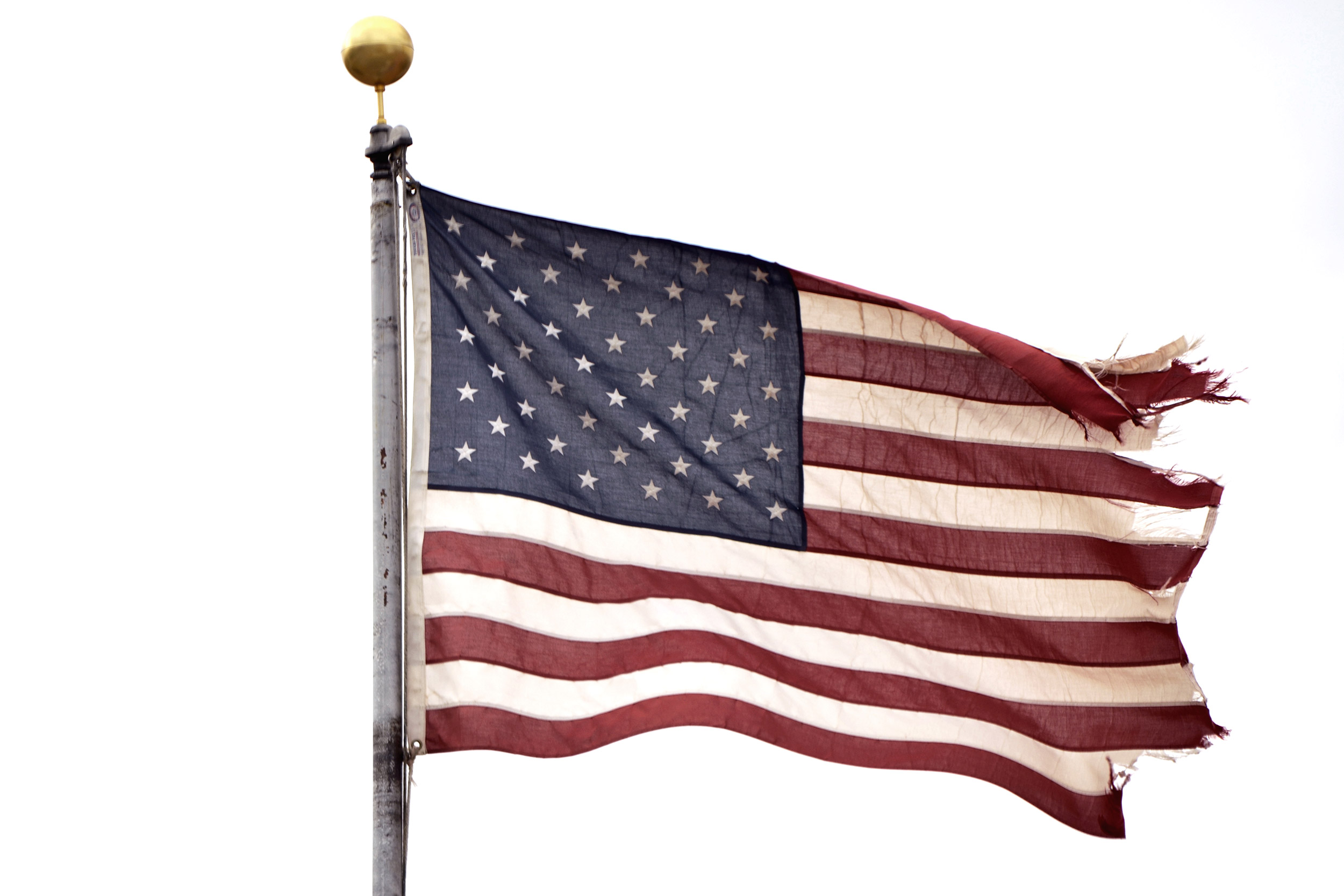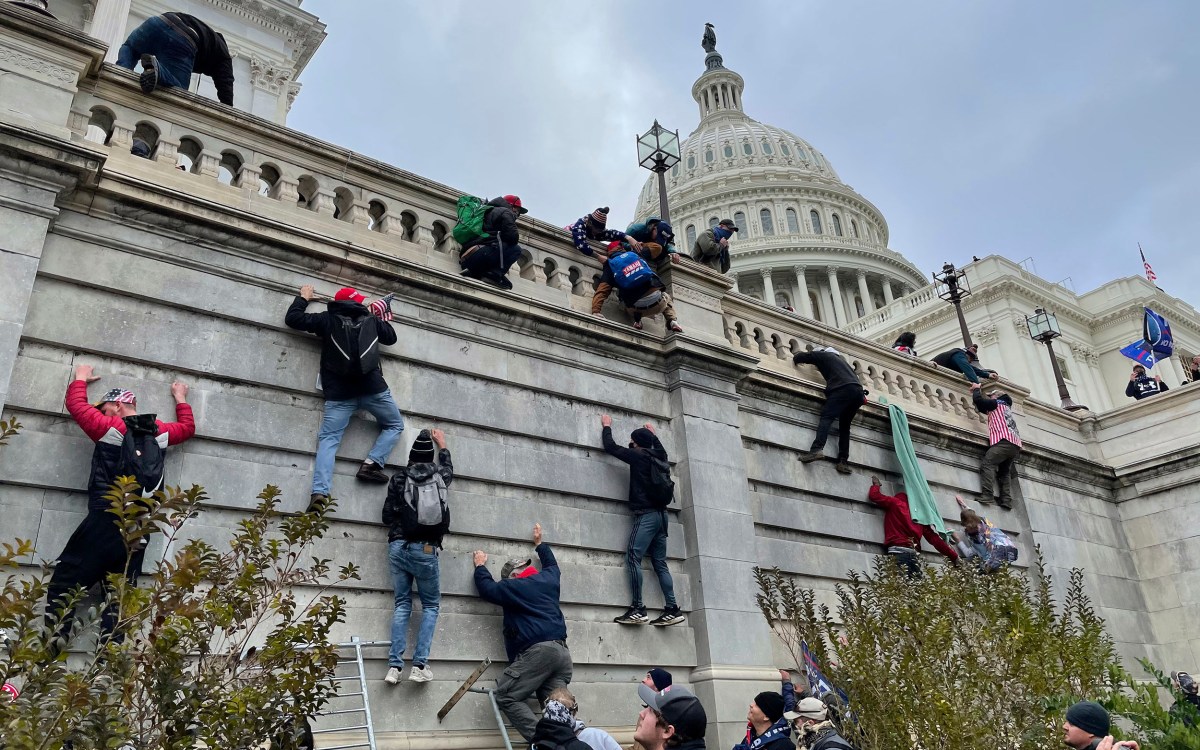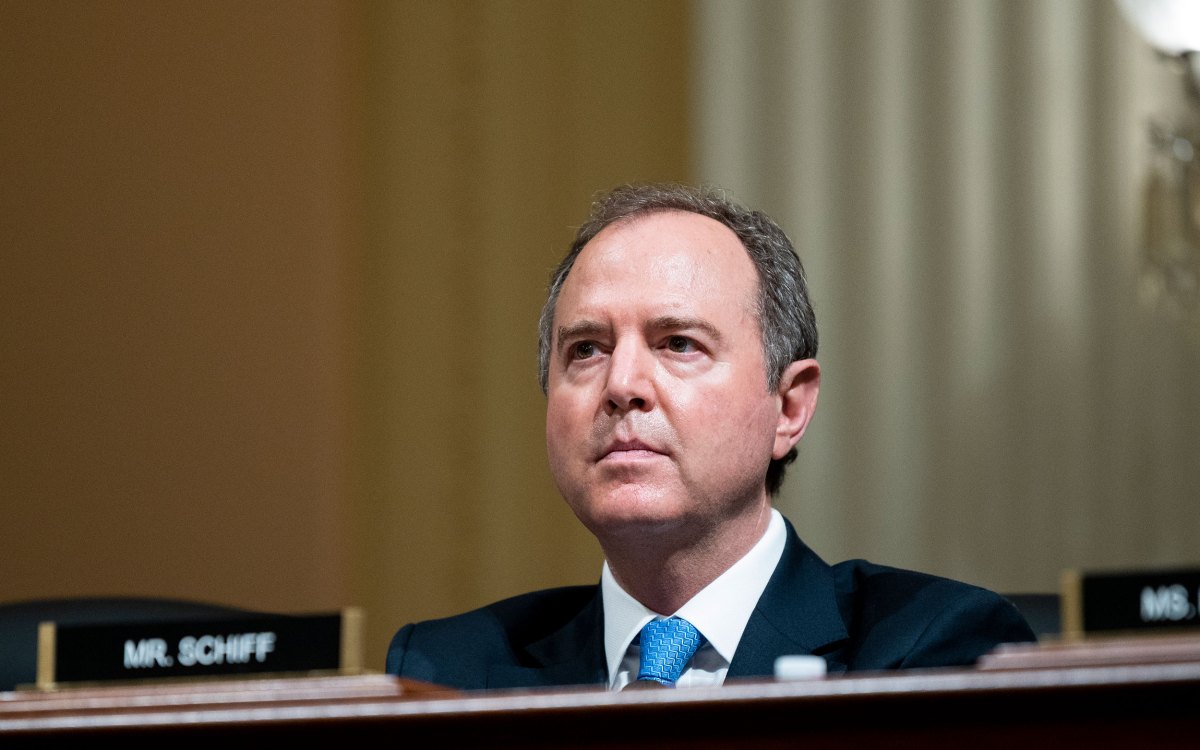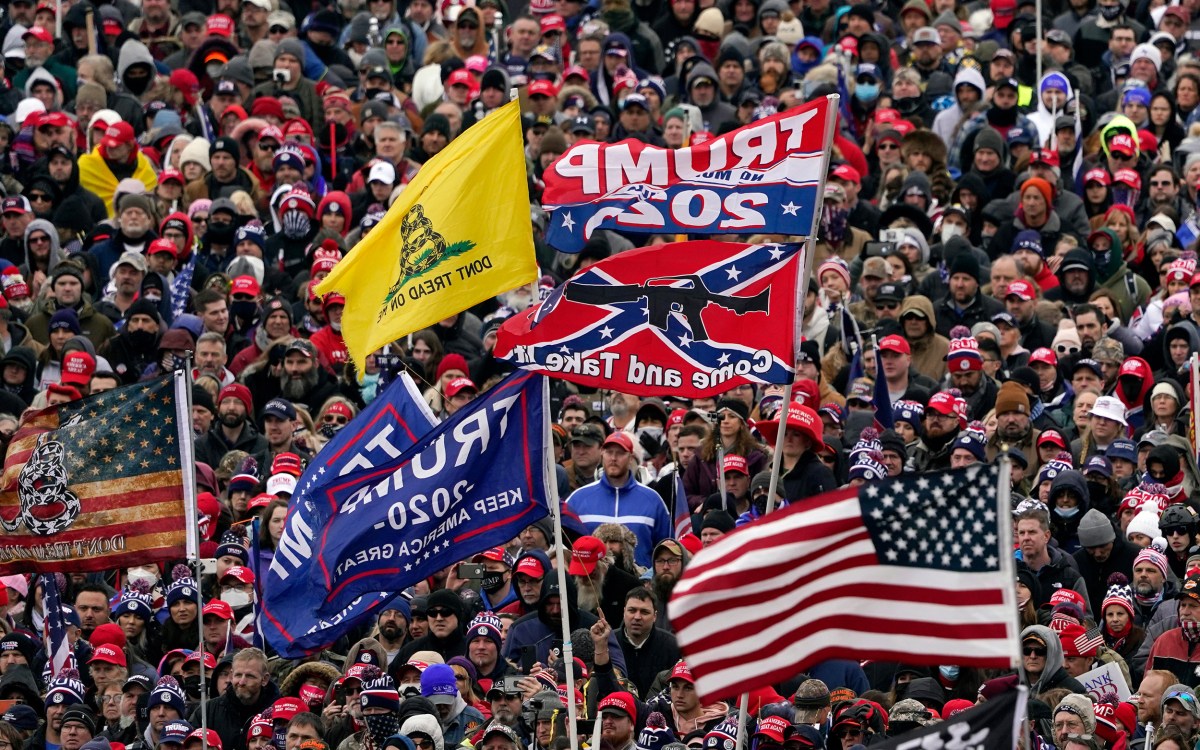
We don’t need a civil war to be in serious trouble
Widespread armed conflict unlikely, but nation still in danger zone, says political scientist
As the House Select Committee investigating the Jan. 6 insurrection at the U.S. Capitol prepares for televised hearings later this month, public attitudes toward the attack are divided sharply along partisan lines.
With extremist movements and rhetoric on the rise, a growing number of people, including some historians and many opinion writers, believe the U.S. is on the brink of disaster. A Zogby poll in the fall found that 46 percent of Americans think the country is headed for another civil war. In late December, a survey by The Washington Post and the University of Maryland revealed that one in three Americans think that violence against the government is sometimes justified. But are we really on the brink of armed conflict or is it just that the political vitriol makes it feel that way?
Jay Ulfelder is a political scientist who studies civil wars and former research director of the Political Instability Task Force, a U.S. government-funded program that helps policymakers understand and anticipate political crises around the globe. Currently a fellow at the Carr Center for Human Rights Policy at Harvard Kennedy School, he spoke with the Gazette about the prospect of civil war in the U.S. The interview has been edited for clarity and length.
Q&A
Jay Ulfelder
GAZETTE: First, how is civil war defined today? Second, is the country heading down this road?
ULFELDER: I’m glad you asked the definitional question. When anybody asks “Is it going to happen?” my first response is, “What do you mean by civil war?” The answer depends tremendously on that.
In academic work, civil war is generally defined as a violent conflict between two organized, armed groups within a country that kills at least 1,000 people. Sometimes it’s a certain number of people per year — usually, in the hundreds — and where those people are killed directly by violent clashes between those armed organized factions. So it matters that we’re not talking about armed troops or police massacring unarmed civilians.
One important thing to know about civil war is that it’s very rare. There are civil wars that last a long time, but onsets of new civil wars are quite rare, especially in the last several decades. We’re usually talking not more than a few around the world in any given year. And, very importantly, almost never in very wealthy countries, and certainly not in very wealthy democracies — that almost never happens. One of the rare exceptions is the conflict in Northern Ireland. But that kind of thing is virtually unheard of in wealthy, ostensible democracies in the last half-century.
“There are so many bad things that can happen well short of civil war that I wish we, as a country, were talking more about.”
My knee-jerk reaction is that it’s really unlikely to happen here. Last year was extraordinary in recent U.S. history in terms of how politically divided the country is, how violent things got, how tense they were — and you still had a number of deaths that was not anywhere close to civil war. You’d have to see a tremendous escalation of violence from where we are now to get to what political scientists usually think of as civil war.
In a way, I think it’s the wrong question. I’m not faulting you for this, because I know this is the question people are kicking around a lot right now. There’s a tremendous range of things that can happen between where we are now and what would get construed as civil war. There are so many bad things that can happen well short of civil war that I wish we, as a country, were talking more about.
GAZETTE: What worries you the most?
ULFEDLER: What really worries me is we absolutely have seen the radicalization of one of the major political parties in the U.S., both in terms of the political ideas it’s putting forward, but also, its embrace of violence as a legitimate means to achieve those ends. The rhetoric coming from the right — “Watering the tree of liberty with blood,” “It’s back to 1776” — Jan. 6 was a reflection of that. There has been a lot of small-scale street violence around protest activity in the last couple of years, especially since the summer of 2020. Also the use of intimidation to try to push policy agendas and political agendas, especially at the local level, with people showing up at school board meetings and county council meetings and threatening people and staging outside with guns. That’s new-ish and it’s really bad, especially if you live in the areas where that is happening. But it’s not anywhere close to civil war.
We’re getting into this weird space where the variance in how democratic things are, and how violent things are, is widening and is now quite large across the country. And that fragmentation and balkanization of politics, I think, is going to get worse. That’s what really worries me a lot more than, are we going to get to hundreds of people shooting each other?
GAZETTE: Is it a bad sign that something apolitical like a pandemic became political so quickly?
ULFELDER: Yeah, and that’s part of the issue here. I’ve also heard people talk about how “If the Democrats could just push forward on certain kinds of social welfare policies that would help the vulnerable people who are susceptible to radicalization on the right, that would solve the problem.” They’ve got the causal arrow going the wrong way. The radicalization is driving people’s response to these things. Even if you could get those policies passed, I’m super skeptical that people would suddenly start thinking differently about those things. They would just move on to the next issue in that “us versus them” narrative that they’re already stuck in.
GAZETTE: What can be done to help cool tensions and stop the country from sliding into further conflict?
ULFELDER: I wish I had a good answer to that. I can point to various things that I think are part of the cause. One is a constitutional design problem that disproportionately tips power toward parts of the country that are most desirous of preserving a white, Christian, patriarchal order that they think of as the “real America.” I also think social media is quite relevant. The way social media platforms work has accelerated political radicalization. That’s one small piece of it, but important for people not to lose sight of. Trying to address that aspect of it may be an important part, long term, of trying to get out of this hole.
Part of the curse of having worked on this topic internationally for a long time is the knowledge that in situations where politics becomes factional in this way — it gets called polarization, but it’s primarily in the U.S. a function of the radicalization of one side, not both sides equally running away from each other. But polarization or factionalism tends to be very persistent once it sets in. It’s really hard to get out of it. It takes many years and there’s not some obvious thing that explains why it gets resolved when it does.








